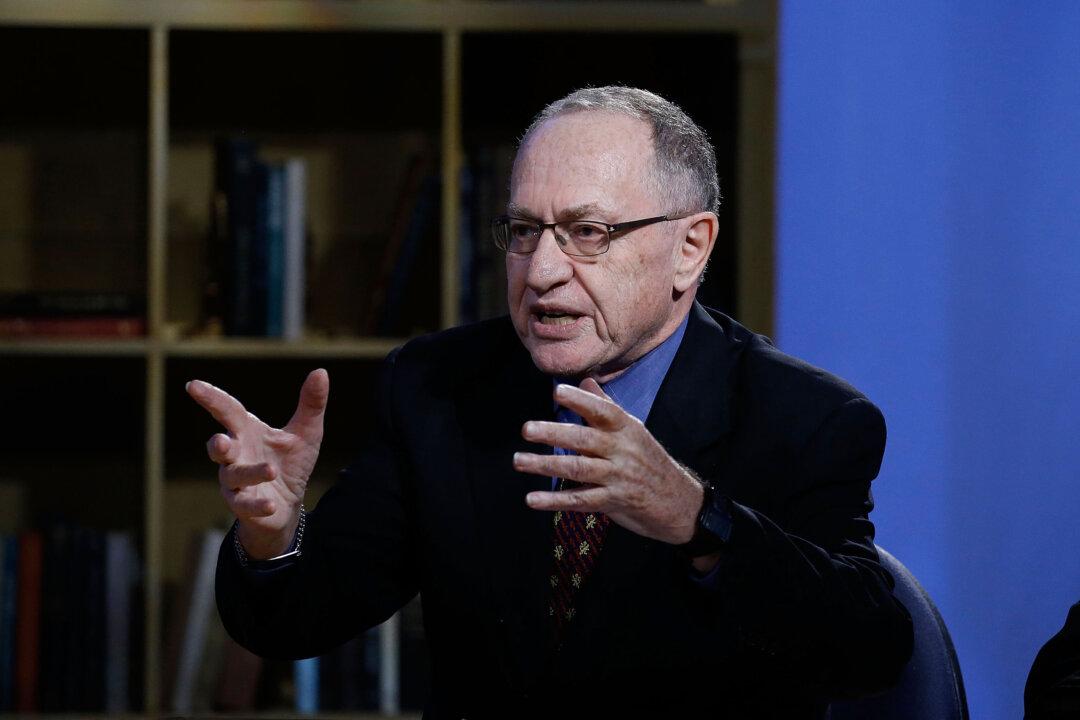Alan Dershowitz, a prominent U.S. lawyer, urged the incoming Israeli government coalition to reconsider planned legal reforms that would weaken the nation’s Supreme Court.
“It would be a terrible, terrible mistake for an override to be permitted by the Knesset [the Israeli parliament] in Israel,” he said in a video message published on Dec. 2 on the news site Ynet in the Hebrew edition.





